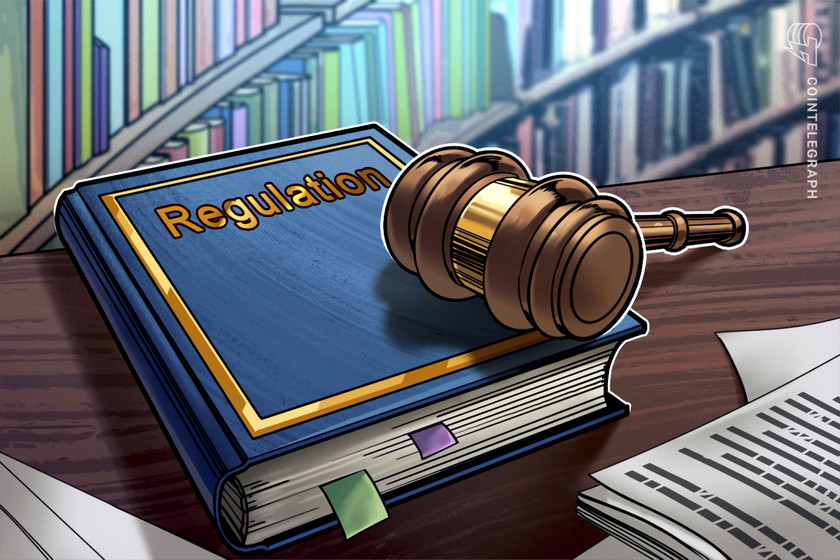Arizona governor vetoes bill targeting taxes on blockchain node hosts


The bill aimed to have only state authorities impose regulations and taxes on individuals and businesses running blockchain nodes, as opposed to those at the city and county level.
Katie Hobbs, the governor of the American state of Arizona, has vetoed legislation that would have largely stopped local authorities from imposing taxes on individuals and businesses running blockchain nodes.
In an April 12 decision, Governor Hobbs issued a veto to Arizona Bill 1236, first introduced in January. The legislation aimed to revise sections of statutes pertaining to blockchain technology, largely reducing or eliminating regulation and taxation of node operators at the state level.
“A city or town may not impose a tax or fee on any person or entity for running a node on blockchain technology in a residence,” said the Senate version of the bill. “The imposition of a tax or fee on a person or entity running a node on blockchain technology in a residence is of statewide concern and not subject to further regulation by a city or town.”
Under the bill, the same restrictions for cities and towns on node operators would have also applied to counties. Following approval in the Arizona Senate and House, lawmakers sent the bill to Hobbs’ desk, where she vetoed the legislation on her 100th day in office.
It was a great day celebrating the first 100 days of my administration with folks from across Arizona.
There’s so much more to do, but I’m excited about the foundation we’ve laid and where we’re going next.
Thank you, Arizona. #Hobbs100 pic.twitter.com/piL6GEXb9m
— Governor Katie Hobbs (@GovernorHobbs) April 13, 2023
Related: Colorado governor says he expects state to accept tax payments in crypto by summer
Some Arizona lawmakers have introduced legislation aimed at making the U.S. state a pro-crypto regulatory environment for both companies and individuals. State Senator Wendy Rogers proposed Arizona’s government make Bitcoin (BTC) acceptable as legal tender and joined with other lawmakers in a resolution having crypto be a tax-exempt property under the state’s constitution.





